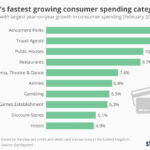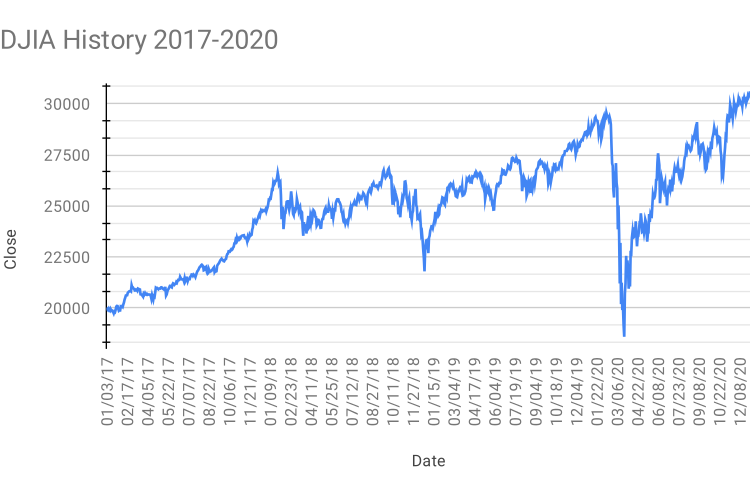Gen Z trend encourages curbing spending and open conversations about money
- TikTok trend called ‘loud budgeting’ encourages curbing spending by setting financial limits
- Loud budgeting is the opposite of ‘quiet luxury’ trend that emphasized expensive purchases
- Loud budgeting allows for open conversations about money and financial goals
- Experts support loud budgeting as a way to stay on track with budget and make it fun
- Sharing too much about finances online can be risky and attract scammers
TikTok users are embracing a new trend called ‘loud budgeting’ that encourages curbing spending by setting clear financial limits. The trend, coined by TikTok creator Lukas Battle, is the opposite of the ‘quiet luxury’ trend that focused on expensive purchases. Loud budgeting allows individuals to openly declare their financial limits and say ‘no’ to unnecessary expenses. It has gained popularity among young people who are facing financial pressures such as student loan debt and rising rents. The trend has also sparked conversations about financial literacy and healthy money habits. While experts support loud budgeting as a way to stay on track with a budget and make it fun, they caution against sharing too much personal financial information online, as it can attract scammers. Overall, loud budgeting offers a transparent and enjoyable approach to managing finances and reaching financial goals.
Public Companies:
Private Companies:
Key People:
Factuality Level: 7
Justification: The article provides information about the TikTok trend of ‘loud budgeting’ and includes quotes from the creator of the trend and personal finance experts. It also discusses the potential benefits and risks of loud budgeting. However, the article includes some tangential information and repetitive statements.
Noise Level: 3
Justification: The article contains a lot of filler content, including unnecessary details about the TikTok creator and unrelated information about personal finance tips. It also lacks scientific rigor and intellectual honesty, as it relies on anecdotal evidence and personal opinions rather than providing data or research to support its claims. Overall, the article is not focused and does not provide actionable insights or new knowledge.
Financial Relevance: No
Financial Markets Impacted: No
Presence of Extreme Event: No
Nature of Extreme Event: No
Impact Rating of the Extreme Event: No
Justification: The article does not pertain to financial topics and does not describe any extreme events.
 www.marketwatch.com
www.marketwatch.com 





